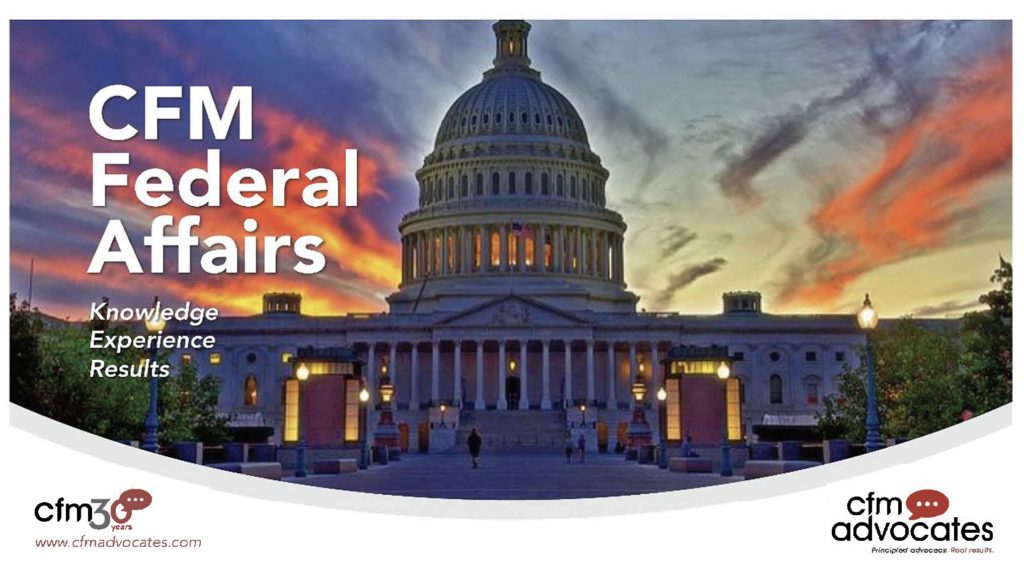
Janet Yellen will be a unique Treasury secretary for multiple reasons. Nominated by President-elect Joe Biden, Yellen will be the first woman to hold the Cabinet post. She also will be the first person to lead Treasury after chairing both the Federal Reserve Board and Council of Economic Advisers, the nation’s top three financial positions.
Yellen has one more distinction that may prove to be the most important. She has an economics research background and is considered a key figure in new Keynesian economics, which defends monetary and fiscal intervention because people don’t always act in their own financial self-interest.
Since Alexander Hamilton served in President George Washington’s first administration, most Treasury Secretaries have come to the job with financial, legal or political backgrounds. Few have been economists. The most recent economist to hold the post was Lawrence Summers in the second Clinton administration.
“Before [Yellen] held office, she was a serious researcher. And she was, in particular, one of the leading figures in an intellectual movement that helped save macroeconomics as a useful discipline when that usefulness was under both external and internal assault,” observes Paul Krugman, an economist and columnist for The New York Times.
“It seems to me that there’s a direct line from the disciplined realism of Yellen’s academic research to her success as a policymaker. She was always someone who understood the value of data and models,” Krugman writes. “Indeed, rigorous thinking becomes more, not less important in crazy times like these, when past experience offers little guidance about what we should be doing. But she also never forgot that economics is about people, who aren’t the emotionless, hyperrational calculating machines economists sometimes wish they were.”
It seems to me that there’s a direct line from the disciplined realism of Yellen’s academic research to her success as a policymaker. She was always someone who understood the value of data and models.
Her economic realism will be tested as the United States and the rest of the world figure out how to return to post-pandemic normal economies.
The daughter of a teacher and a doctor in Brooklyn, Yellen graduated summa cum laude in economics from Brown University, earned her doctorate degree from Yale and worked as a professor at Harvard, The London School of Economics and for 26 years at the University of California at Berkeley. Her academic research centered on unemployment and labor markets, as well as monetary and fiscal policy and international trade.
After an early-career stint as a Federal Reserve economist, she served as a governor for the Federal Reserve Board from 1994-1997 and became president and CEO of the Federal Reserve Bank of San Francisco in 2004, where she was credited with foreseeing the subprime mortgage crisis. Other roles have included participation in the Organization for Economic Cooperation and Development, the US Council of Economic Advisors and the American Economic Association. She also has been an advisor to the US Congressional Budget Office.
Before chairing the Federal Reserve Board, Yellen served as vice chair under an appointment by President Obama. She convinced her fellow board members to establish 2 percent as the annual target for inflationary growth. Obama heeded the advice of Democratic leaders by appointing her chair in 2014 because of an “impeccable resume, focus on unemployment and solid record as a bank regulator.” Yellen was the first Democrat to chair the Fed in 30 years.

Along with her fellow Keynesian economist husband, George Akerlof, Yellen believes economic markets are flawed and require governmental intervention to function properly. She created an economic model showing firms seeking to maximize profits would pay workers more than the minimum wage.
In a speech in 2016 before incoming President Trump denied her a second term as Fed chair, Yellen described macroeconomics research that she deemed essential to guide future policymakers in light of the Great Recession in 2008. Perhaps the most prescient suggestion was to examine how short-term shocks to the economy result in long-term impacts, such as a recession that causes job losses and, in turn, workers who can’t find new jobs and never return to the job market. Data shows women are leaving the job market in droves in response to the coronavirus pandemic and the need to care for children at home who are attending school remotely.
Yellen’s other suggestions include studying the interplay of aggregate demand and aggregate supply, which also been challenged during the pandemic by severely interrupted supply chains, and the use of heterogenous households to determine a more accurate aggregate demand by including America’s diversifying population and taking into account widening economic disparities.
Krugman has previously said research is overdue to rethink and re-calibrate macroeconomic tools to respond to emerging US and global economic realities. Krugman concluded his recent column praising Yellen with this comment, “It’s immensely reassuring to know that economic policy will be made by someone who knows what she is doing.”




